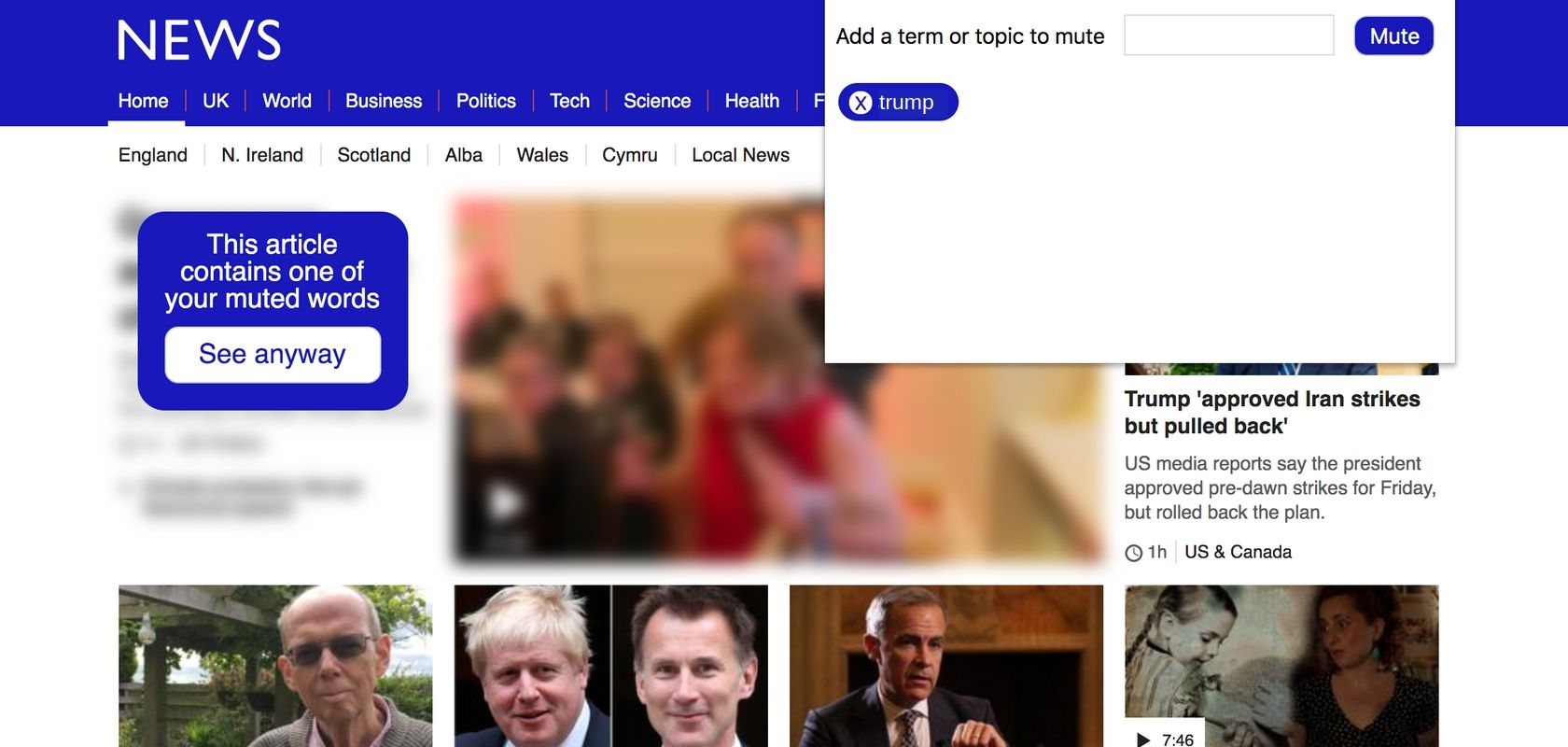You’d be hard-pressed to find a therapist who would advise you to deal with your anxiety by burying your head in the sand and pretending that reasons for it don’t exist.
Yet the BBC is now experimenting with catering to the visitors of its website who suffer from anxiety or have negative emotional reactions to news stories, by hiding potentially triggering content from the front page.
Whether or not intentionally, it looks like an effort that could ultimately redefine news and newsworthiness, and an attempt to take up a notch the omnipresent content filtering that traps online users in echo-chambers almost everywhere they go – particularly on social media platforms. But now it seems the trend may be spreading to news sites.
This plan is the brainchild of two – not journalists – but programmers over with the BBC – who are quoting research that showed that “many young people are turning away from news because it was affecting their mental health.”
The proposed solution is to blur headlines, text, and image based on selected keywords, and in this way shield the visitor from unpleasant information while still keeping them on the website. A kind of a “sensitive content” warning that Twitter now employs, sometimes with absurd results.
Considering that people come to a news website expecting to find news, presumably whatever its nature may be – it’s unclear if this type of hand-holding makes a lot of sense or merits investing in, and developing.
But, BBC’s Alicia Grandjean thinks so, and explains that news stories won’t be removed – they’ll “just” be blurred. And once a media outlet starts gaining access to detailed data about their visitor’s state of mind and levels of anxiety, they can offer more services along the same line. For example: “A mood filter.”
Readers will be able to share with the BBC exactly how they feel on a given day, and filter out unwanted portions of that day’s reality, as they had been reported in the news.
“Human journalists can help the algorithm by entering metadata directly to the article to account for language similarities, too,” the report explained.
The project is now in its testing phase, and the BBC doesn’t seem to be planning to introduce it soon.
If you're tired of censorship and dystopian threats against civil liberties, subscribe to Reclaim The Net.









